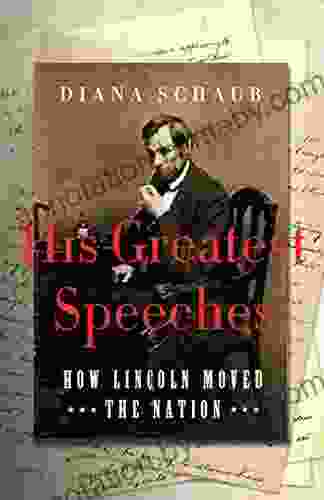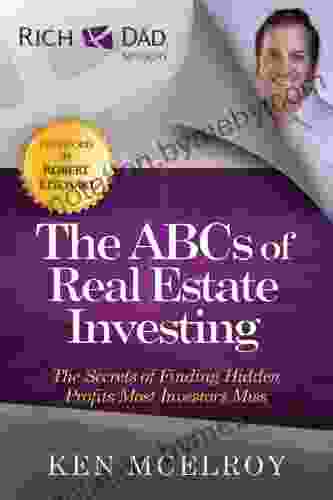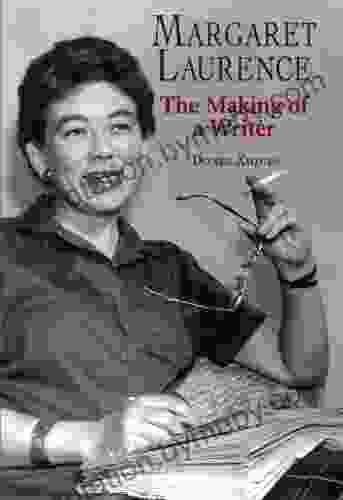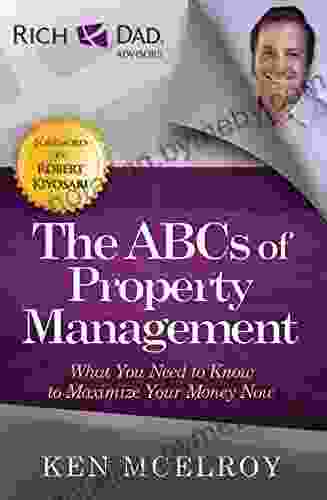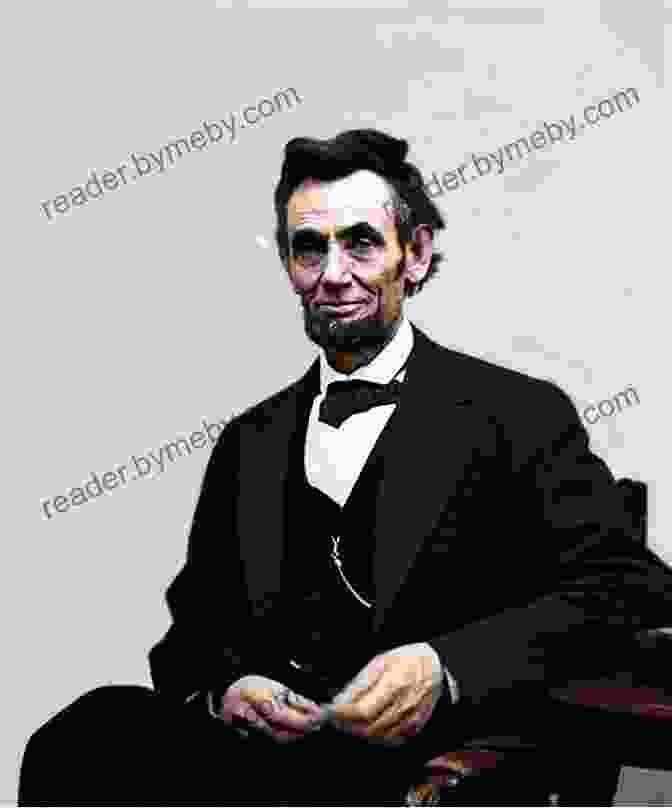
Abraham Lincoln: A Voice for the Ages
Abraham Lincoln, the 16th President of the United States, stands as one of the most revered figures in American history. His leadership during the Civil War, his unwavering commitment to the preservation of the Union, and his vision of a nation united under the banner of freedom and equality have made him an enduring symbol of American ideals. One of the most powerful means through which Lincoln communicated his vision and inspired the nation was through his speeches.
4.4 out of 5
| Language | : | English |
| File size | : | 3626 KB |
| Text-to-Speech | : | Enabled |
| Screen Reader | : | Supported |
| Enhanced typesetting | : | Enabled |
| Word Wise | : | Enabled |
| Print length | : | 213 pages |
Lincoln's speeches were not merely political addresses; they were masterpieces of oratory that combined eloquence, logic, and emotional power. He spoke to the heart of the nation, capturing its hopes, fears, and aspirations. His words had the power to move people to tears, to inspire them to action, and to change the course of history.
The Gettysburg Address: A Defining Moment
Perhaps the most famous of all Lincoln's speeches is the Gettysburg Address, delivered on November 19, 1863, at the dedication of the Soldiers' National Cemetery in Gettysburg, Pennsylvania. In just 272 words, Lincoln captured the essence of the American Revolution and the ongoing struggle for freedom and equality.
The Gettysburg Address is a masterpiece of both rhetoric and brevity. Lincoln begins by invoking the Declaration of Independence, reminding his audience of the founding principles of the nation: "Four score and seven years ago our fathers brought forth on this continent a new nation, conceived in Liberty, and dedicated to the proposition that all men are created equal."
He then goes on to describe the Civil War as a test of those principles, a conflict between those who believed in the equality of all men and those who sought to preserve the institution of slavery. Lincoln argues that the war is a necessary sacrifice to ensure that "government of the people, by the people, for the people, shall not perish from this earth."
The Gettysburg Address is a powerful reminder of the ideals upon which the United States was founded. It is a speech that continues to inspire and move people around the world.
The Emancipation Proclamation: A Bold Step Toward Freedom
Another of Lincoln's most important speeches was the Emancipation Proclamation, issued on January 1, 1863. In this proclamation, Lincoln declared that all slaves in the Confederate states would be free. The proclamation was a major turning point in the Civil War, as it transformed the conflict into a struggle not only to preserve the Union but also to end slavery.
In the Emancipation Proclamation, Lincoln argues that slavery is a violation of the principles of freedom and equality upon which the United States was founded. He writes, "I do Free Download and declare that all persons held as slaves within said designated States, and parts of States, are, and henceforward shall be free."
The Emancipation Proclamation was a bold and courageous act. It was a major step toward the abolition of slavery in the United States, and it helped to lay the foundation for a more just and equitable society.
Second Inaugural Address: A Vision of Unity and Reconciliation
Lincoln's Second Inaugural Address, delivered on March 4, 1865, was his last public speech. In this address, Lincoln calls for unity and reconciliation after the devastation of the Civil War. He argues that the nation must come together to heal its wounds and to build a better future for all Americans.
Lincoln begins his address by acknowledging the suffering that the war has caused. He says, "With malice toward none, with charity for all, with firmness in the right as God gives us to see the right, let us strive to finish the work we are in."
Lincoln then goes on to outline his vision for the future of the United States. He calls for a nation that is "dedicated to the unfinished work which they who fought here have thus far so nobly carried on." He envisions a nation that is "bound up forever in a mystic chord of memory" and that is "conceived in Liberty, and dedicated to the proposition that all men are created equal."
Lincoln's Second Inaugural Address is a powerful and moving plea for unity and reconciliation. It is a speech that continues to inspire hope and patriotism in Americans today.
Lincoln's Legacy: A Timeless Inspiration
Abraham Lincoln was a master orator whose speeches continue to inspire and move people around the world. His words had the power to shape public opinion, to rally the nation to a common cause, and to change the course of history.
The book "His Greatest Speeches: How Lincoln Moved the Nation", delves into the eloquence and impact of Lincoln's speeches. It provides a comprehensive collection of his most famous addresses, along with expert analysis and commentary. Through this book, readers can gain a deeper understanding of Lincoln's vision for America and his unwavering commitment to the principles of freedom and equality.
Lincoln's legacy is one of leadership, courage, and compassion. He was a man who believed in the power of words to inspire and to change the world. His speeches are a timeless treasure that continue to remind us of the importance of unity, justice, and the pursuit of a more perfect Union.



